How do you make a strategy game? Paradox and Firaxis sound off
So, so strategic
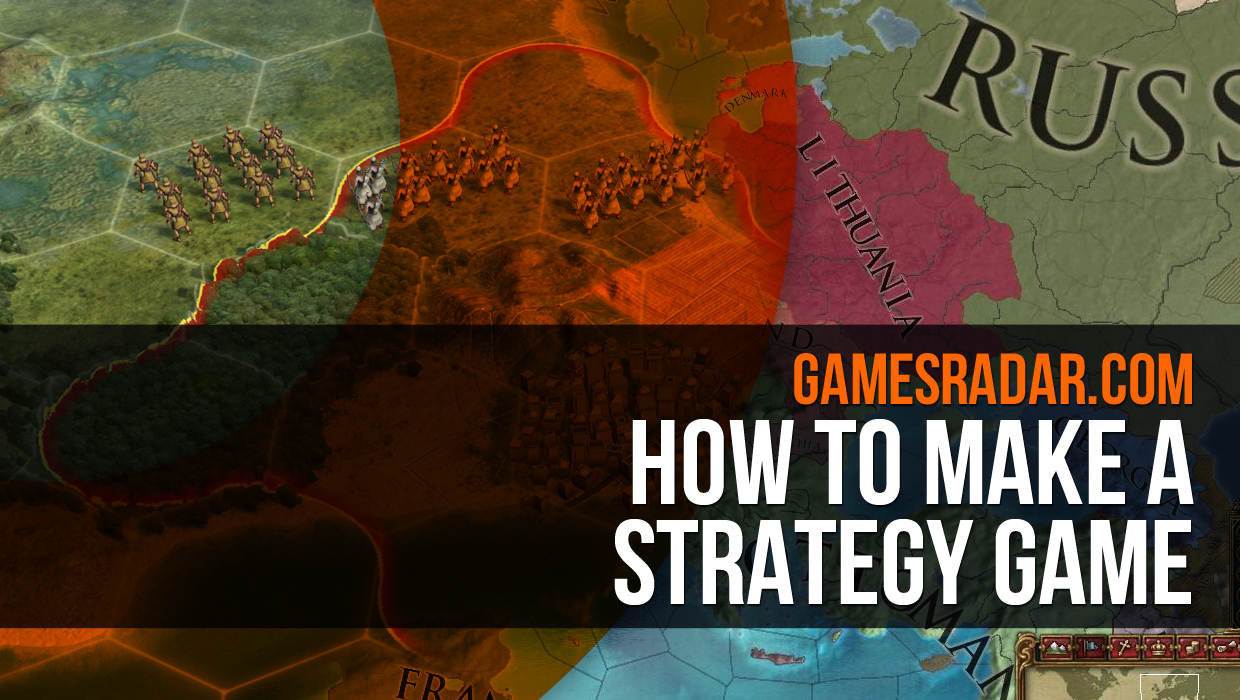
From StarCraft to Civilization, XCOM to Europa Universalis IV, strategy games are some of the most rewarding experiences to be found in the medium--but they're also the most complex. Whereas some developers have attempted to simplify the genre, others revel in its intricacies, creating wonderful sandboxes for players to dig around and explore.
Two developers with very different approaches are Paradox and Firaxis. Firaxis, with releases including XCOM: Enemy Unknown and Civilization V, prides itself on making amazingly deep games that are accessible to any audience. Paradox is known for making deeper, more complex products that are beloved by those looking for incredibly dense, satisfying experiences. How do their methods differ? We asked the same questions to Thomas Johansson (project lead at Paradox Development Studio) and the Firaxis duo Ed Beach/Dennis Shirk (designers of Civ V and its expansions) to see how they approach such a complex genre.
How does working on strategy games differ from other genres?
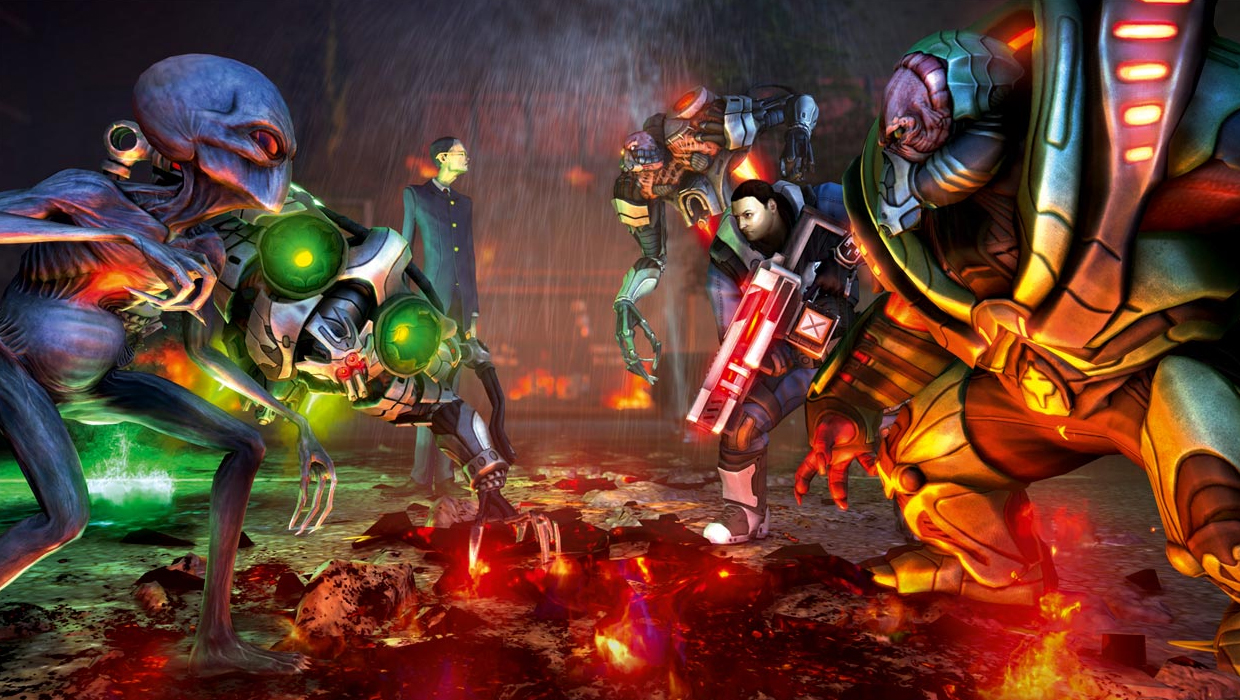
"I would say that since strategy games are so complex, the focus of development tends to be more focused on making a working game world," Johansson explained. Though he hasn't worked personally on other genres, he said that you "cant as easily predict what the player will see," in a strategy game. "You have to make sure he or she is playing inside a believable world," says Johansson.
Firaxis' designers didn't entirely agree with the notion of world-building being paramount. "Strategy games rely heavily on their underlying gameplay systems and mechanics to convey the fun of the game, and you get to use the players imagination to fill in details of the game world and the story," we were told. "They also need to support a variety of gameplay styles and ways to win, which is part of the appeal of strategy games. When a player finishes we want them to say 'Great! Next time Im going to try something different.'
Strategy games have incredible depth and complexity. How hard is it blending all of those systems together?
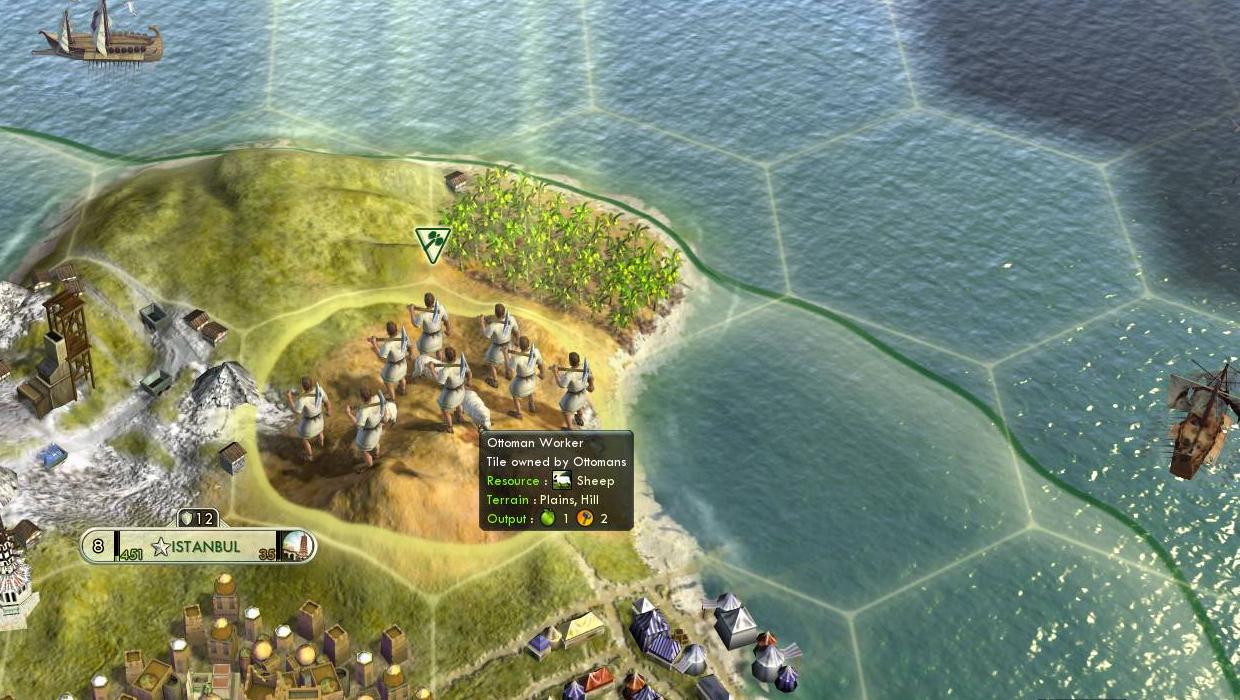
Firaxis' games are usually more user-friendly than most, so its approach to game design is a bit simpler. "Weve got a principle here of building systems that are relatively simple by themselves, but which combine in interesting ways, and which require you to pick from a variety of attractive choices," Beach and Shirk explained. "We like to start with a very simple approach for each new system, then add elements that tie the systems together as each mechanic matures." Paradox, on the other hand, takes a much more complex approach.
"It's definitely one of our biggest challenges," Johansson said. "Since our games are sandbox, it is up to you as a player to set your own goals and choose your own destiny. We need to make systems that are fun, give a reasonably historical outcome, and have the complexity that is the Paradox Development Studio signum. As developers, we definitely have to be careful when adding the little extra 'Wouldnt it be cool if...' features, because all of a sudden a small change completely unbalances something else down the line."
Do you ever use playtesting to find out if people comprehend different, complicated systems?
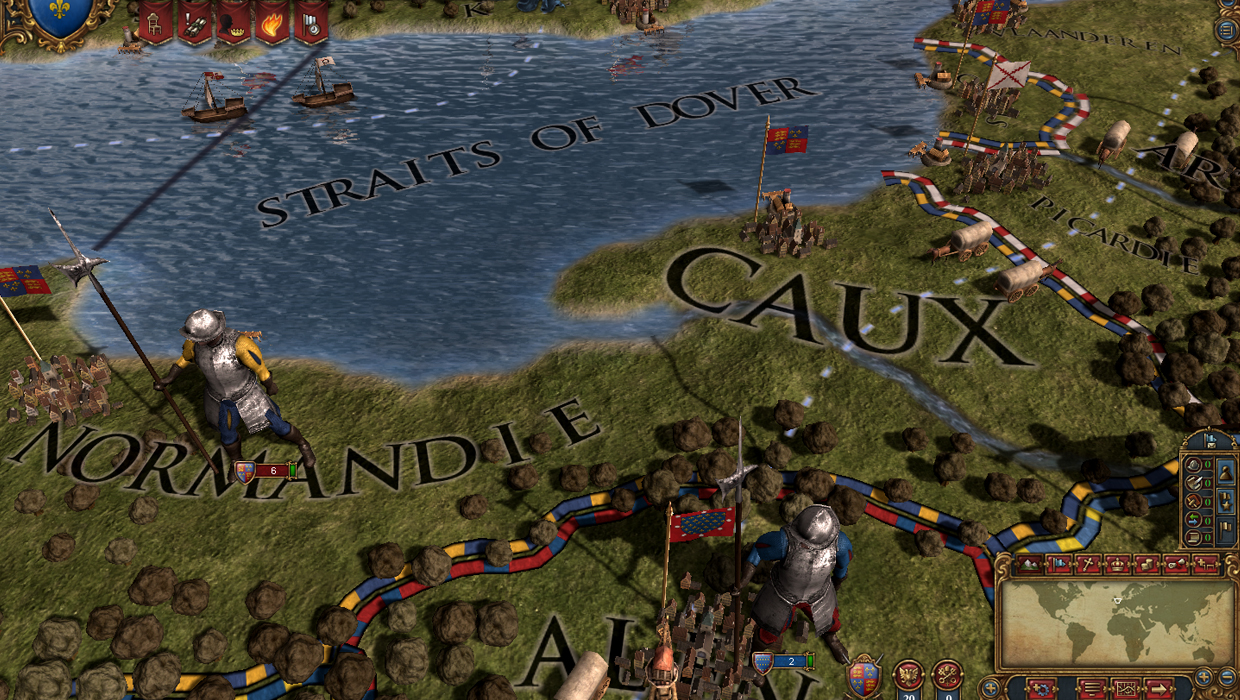
Johansson said that Paradox has ramped up its use of playtesting, especially when developing its latest title: Europa Universalis IV--"particularly when it comes to the tutorial and the multiplayer," he explained. "It's something I see us doing a lot more of in the future. When you've been doing these games for so long, both us and our fans develop a common language...you need fresh eyes to see whats comes natural to someone who has played some of the previous games, and someone who has never seen one."
Sign up to the GamesRadar+ Newsletter
Weekly digests, tales from the communities you love, and more
Firaxis has been taking this approach for a bit longer. "The internal team is always playing the game and bringing their feedback to the designers, even from the earliest prototypes of the game. We also have a dedicated team of external beta testers that has been around for over a decade, commenting on and contributing to each of our releases," we were told by the developers. "And right after we ship a title is a critical time to listen to fan feedback, and try to make adjustments based on peoples experiences with the game."
Do you ever end up removing elements that are fun, but just make things too complex?
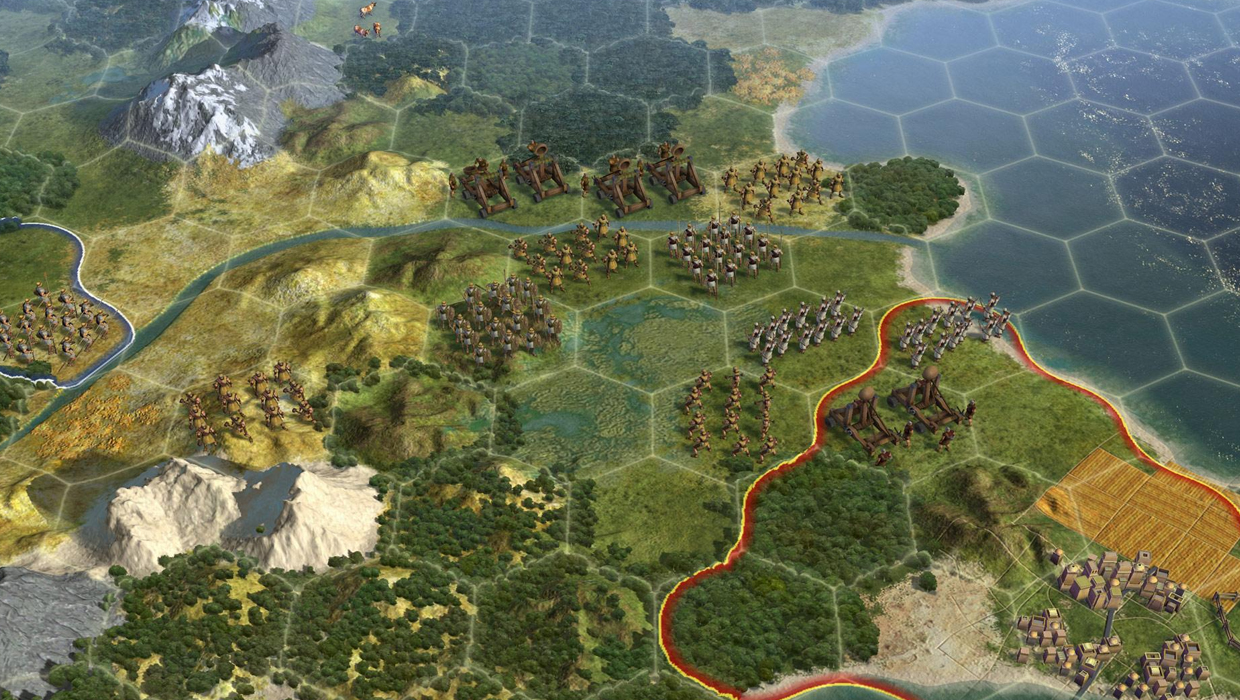
While the developers usually had differing approaches to game design, both totally agreed on this point: complicated things usually aren't fun. If something gets cut because it was too complex, it's also usually because it wasn't entertaining. "Things that are too complicated are, in general, not fun," Johansson reinforced. "When you make games like ours, you have to separate between gameplay that you would like in theory and gameplay that you really like to play. You recognize games that get this wrong; its the games that you really want to like because they have such great depth and complexity--but for some reason, you never manage to play more than an hour or two."
Firaxis agreed. "In general, if somethings too complex, it can become un-fun pretty quickly. And with our approach of 'adding complexity incrementally,' we usually dont fall into this trap. In general, we feel that the fun of a strategy game usually comes from having a bunch of simple systems that interact in complex and interesting ways, rather than having any single system that's complex on its own."
Are there ever times where things are removed for simplicity's sake that you then, later, wish could be added back in?
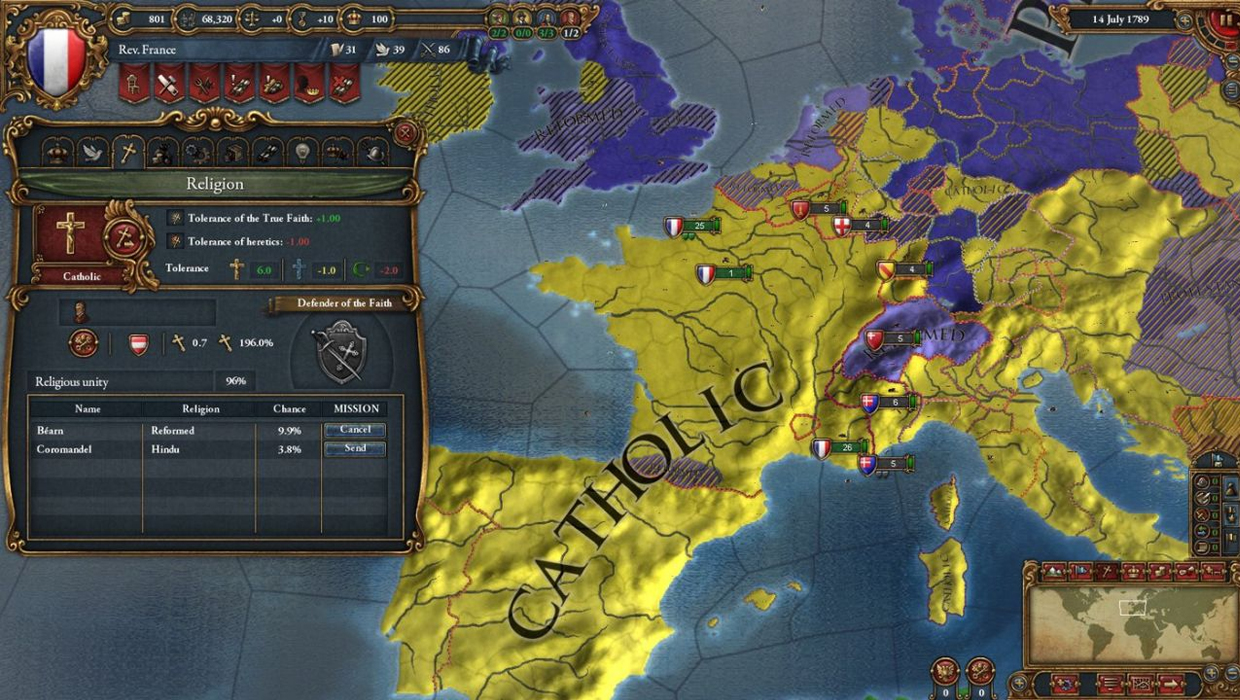
That question sort of bled into this one, with neither developer really feeling as though they've needed to cut content that would've actually worked. Shirk and Beach explained that "Very little gets removed, systems-wise. We focus on trying to improve the system so we dont have to cut it."
Johansson said that he "can't recall any instance where it happened that a feature was removed for usability reasons that I wished we added. It is much more common that you realize that a feature is more complex than you originally anticipated. Sometimes you have to abstain from features for time constraints reasons, of course, and complex features tend to take more time and make more bugs. In that aspect, you just have to add them to the 'maybe later' list."
If so, do you ever just add them back in? Via patch or expansion?
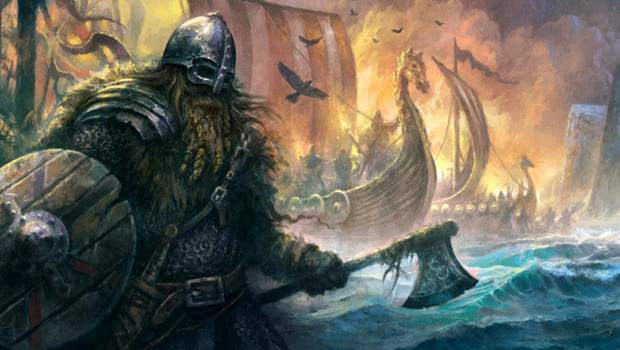
"Well, we usually do have a wish-list of features that did not make it into the game, due to budget and time limitations for a certain project," Johansson said, explaining that content could be added back in via patches, expansions, or downloadable content. "Just to explain, in our strategy RPG Crusader Kings II, we introduced a modular system, and the main reason was for patching. If you choose not to buy any DLC, you still receive all the patches and game updates. Because our goal is that, regardless of what DLC you decide to get for the game, you should still receive the very best game we make. "
Firaxis' focus is usually more on expansions than huge patches that add functionality. "Patches are a great way to make adjustments to systems, and expansions are where we really get to stretch our legs and put in new systems to add on to the core game."
Do you have any suggestions for indie devs having problems wrangling the complexities of the strategy genre?
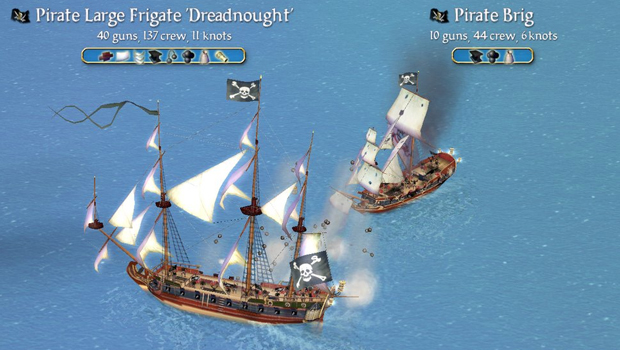
Both developers had useful information for indie devs. Paradox explained that you should "never do a feature without first thinking about how to visualize it and why its fun for the player. A great pitfall of really complex strategy games is that you might design systems that model your world instead of making gameplay features that are fun and challenging. Always keep in mind that the game should be fun to play. The gamers should have the freedom to take their own choices when playing and they should be able to play the game again and again, where every game is a whole new experience."
Firaxis' message was more in line with the developer's tactics: start simple. "Dont be afraid to revise and iterate on your games systems. And probably the most important thing of all: Never underestimate the value of feedback! Listen to your players and what they tell you about your game. Sid [Meier] always says: Feedback is fact, which means what your players tell you about the game is key to making your game a better experience for them."
So, go make a game!

Obviously, se'd like to thank Paradox and Firaxis for helping out with this article. Did you learn anything? Is there anything else you'd like to ask them? Find out in the questions below?
And if you're looking for more, check out best upcoming indie devs and top 7 indie crossovers.


